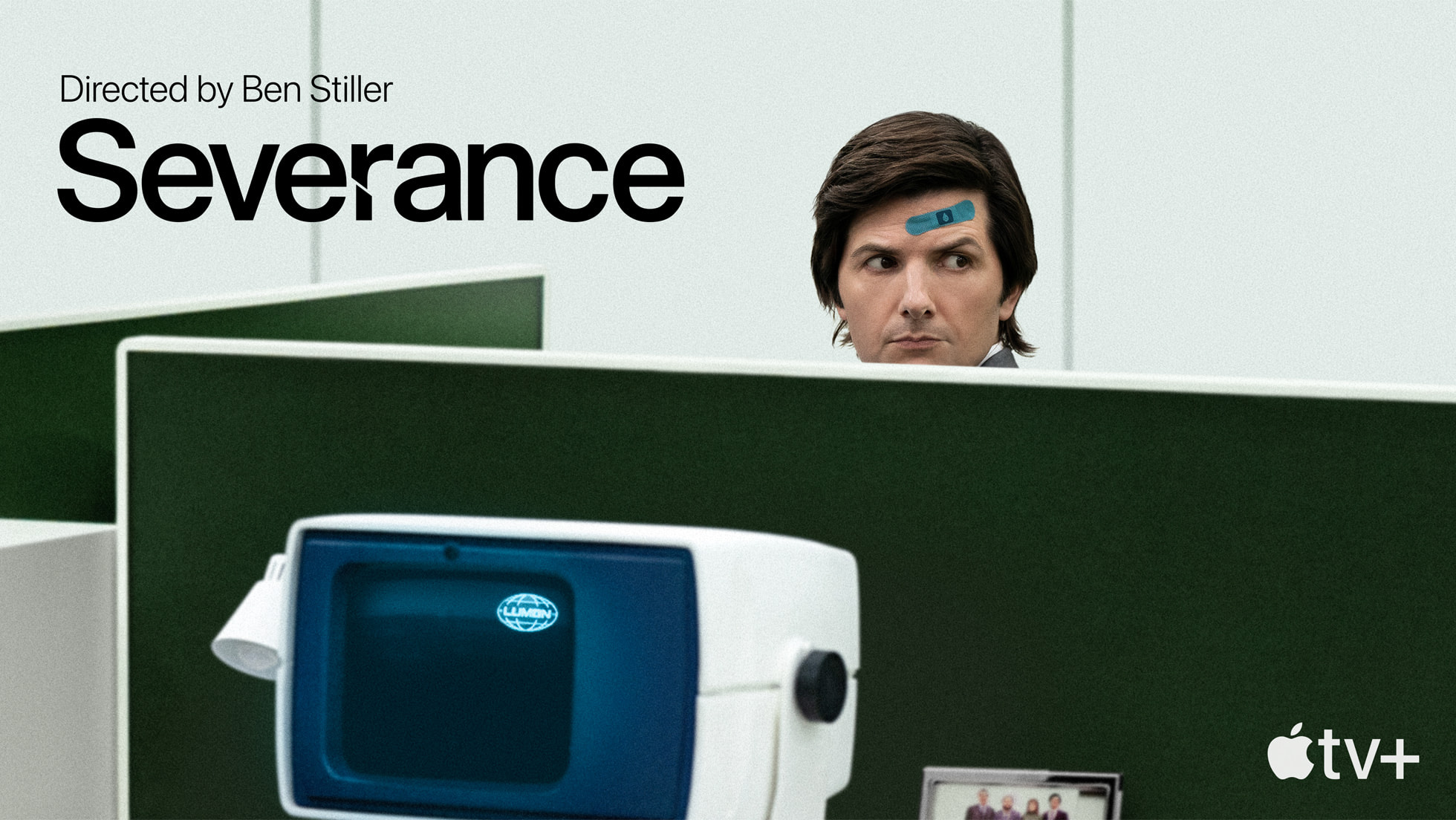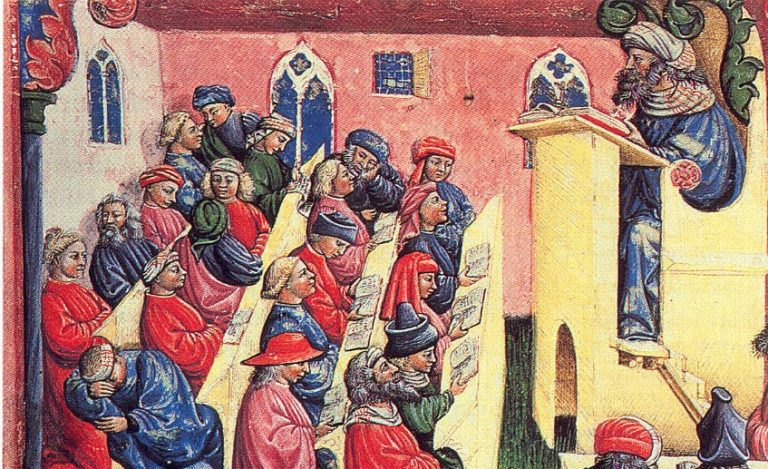The Elegy Project stands as a poignant initiative aimed at bridging the gap between personal grief and communal healing through the art of poetry. Founded amidst the loneliness of the pandemic, this project seeks to empower individuals to process their emotions and craft elegies that resonate deeply within them. By offering workshops and a vibrant poetry community, the Elegy Project encourages participants to explore themes of loss, remembrance, and solace. With the guidance of experienced poets, attendees learn to express their grief and connect with one another, fostering a shared understanding of the human experience. In an era when many feel isolated by their struggles, the Elegy Project shines as a beacon of creativity and support, reminding us that poetry can be a powerful tool for coping with life’s most profound challenges.
The Elegy Project represents a creative endeavor that harnesses the therapeutic power of poetic expression to address themes of mourning and reflection. This innovative poetry workshop not only invites individuals to articulate their experiences of grief and loss but also cultivates a sense of belonging within a supportive writing community. By engaging participants in the process of crafting elegies, the project promotes a dialogue around the importance of commemoration and healing through creative means. As an initiative that embraces the collective nature of poetry, it highlights how shared literary experiences can lessen feelings of isolation and foster connections that enrich the human experience. Ultimately, the Elegy Project serves as a vital reminder that art can deeply influence the way we navigate our emotions and communal narratives.
Exploring the Elegy Project: A Community Initiative
The Elegy Project is a transformative public poetry initiative designed to connect individuals through the shared experience of mourning and reflection. By placing poem cards in various public spaces, the project aims to create spontaneous interactions with poetry, fostering a sense of community among those who may not otherwise engage with the art form. This initiative stands as a testament to the power of poetry in making grief less isolating, inviting the audience to share in common feelings of loss and remembrance.
The initiative, co-founded by Karen Elizabeth Bishop and David Sherman, is especially poignant in the context of the ongoing effects of the pandemic, which has left many feeling isolated. Through workshops hosted at Harvard’s Woodberry Poetry Room, participants are encouraged to craft their own elegies, allowing them to articulate their grief and join a broader community conversing in the language of poetry. This project not only cultivates individual creativity but also reinforces the importance of collective healing through shared stories.
The Role of Poetry Workshops in Navigating Grief
Poetry workshops, such as those offered through the Elegy Project, serve as a vital platform for individuals to express their feelings surrounding grief and loss. These workshops provide more than just a space for artistic expression; they create a supportive community where participants can explore their emotions through writing. As attendees engage with prompts and literature from the Poetry Room’s collection, they find both inspiration and solace, allowing poetry to become a tool for personal exploration and collective support.
Moreover, the process of writing elegies in community settings helps to demystify the art of poetry. Participants often come from diverse backgrounds, bringing their own stories and perspectives to the creative process. This diversity enriches the conversations and the poems produced, highlighting how poetry can unite people in their shared human experiences. Workshops like those held by the Elegy Project not only foster personal growth but also promote a culture of introspection, reminding participants that they are not alone in their journey through grief.
The Therapeutic Power of Writing Elegies
Writing elegies serves as a therapeutic process for many individuals grappling with loss and grief. This traditional form of poetry provides a structured yet deeply personal avenue to express sorrow, reminiscence, and love for those who have passed. The act of crafting elegies allows writers to articulate their feelings, memorializing their experiences in a way that can be both cathartic and freeing. As participants in the Elegy Project explore their own grief, they discover that writing can facilitate a transformative process, helping to reshape their relationship with pain and loss.
In workshop settings, the exchange of ideas and emotions plays a crucial role in fostering this therapeutic effect. By sharing their elegies, poets not only validate their experiences but also invite others into the dialogue surrounding death and mourning. This collective sharing serves to normalize discussions about grief, dismantling the stigma associated with it, and allowing participants to connect deeply with one another. Elegies thus become not only personal reflections but also communal threads that tie individuals together in understanding and empathy.
Creating Connections Through Poetry Community
The poetry community thrives on connection and shared experiences, which are particularly valuable in workshops like those of the Elegy Project. By engaging with fellow poets and enthusiasts, participants cultivate a supportive environment that promotes creativity and emotional expression. These workshops actively break down barriers and encourage collaboration among diverse individuals, facilitating discussions that might not occur in isolation. The vibrant exchange of ideas breeds inspiration and revitalizes the participants’ passion for poetry.
Additionally, the importance of community in the realm of poetry cannot be understated. It allows for a dynamic interplay of voices and perspectives, enriching the poetic landscape and nurturing budding poets. Events like those organized through the Elegy Project ensure that everyone has a platform to voice their grief and creativity, allowing the art form to thrive as a collective expression. This sense of belonging not only enhances individual poetic journeys but also strengthens the fabric of the broader poetry community.
Impact of the Elegy Project on Participants
The Elegy Project has profoundly impacted participants, many of whom arrive at the workshops seeking solace amid their personal losses. Through guided discussions and writing exercises, they discover that poetry can serve as a refuge—a place where vulnerability is welcomed, and emotions can be freely expressed. Many report finding a sense of relief and clarity as they pen their elegies, often leaving the workshops with a renewed understanding of their grief.
As the Elegy Project continues to be a beacon for community engagement, participants often mention feeling connected not just to each other, but also to the greater tradition of elegy in poetry. They realize they are part of a lineage of writers who have grappled with themes of loss and remembrance, creating a sense of continuity and shared mission. This effect strengthens their resolve to participate in further poetry initiatives, expanding their involvement in both the creation and appreciation of poetry.
The Elegy Project: A Response to Loneliness
In an era defined by isolation, especially during the tumultuous times of the pandemic, the Elegy Project serves as a poignant response to societal loneliness. This innovative initiative recognizes the shared human experiences of grief and loss, offering tools and avenues for individuals to connect through the art of poetry. The workshops provide a powerful space where lonely voices can come together, enabling participants to articulate their emotions and find solace in the understanding that others share similar experiences.
Through the act of writing elegies in community settings, participants report significant reductions in feelings of isolation. The collaborative atmosphere fosters deeper connections, transforming what is typically a solitary act into a shared journey of healing and remembrance. By focusing on the collective aspects of grief and creating a space for dialogue, the Elegy Project not only addresses personal sorrow but also helps to build a supportive network during challenging times.
Poetic Exploration in Times of Crisis
The ongoing crisis of grief and loss in our modern society has cast a spotlight on the essential role of poetry in processing these experiences. Workshops like the ones offered through the Elegy Project invite participants to explore their emotions creatively, providing a safe haven for those navigating the complexities of mourning. In these settings, individuals are encouraged to confront their feelings head-on, often leading to profound insights and moments of clarity.
Furthermore, the connection between poetry and crisis is not merely transactional; it fosters resilience and empowerment among participants. By transforming their grief into art, poets reclaim their narratives and assert their identities against the backdrop of loss. This poetic exploration not only sheds light on personal suffering but also reflects the collective heartache of the community, reaffirming the belief that art can flourish even in the most trying times.
The Legacy of Elegy in Contemporary Poetry
The tradition of elegy holds a significant place in contemporary poetry, as it allows poets to engage with themes of life, death, and memory. Workshops like those offered by the Elegy Project explore this rich legacy, encouraging participants to tap into their own histories and cultural backgrounds as they write. By reflecting on the past, poets can articulate their understanding of loss and its implications for the future.
Through these workshops, many discover that elegy is not just about mourning but also about celebration and remembrance. It provides a framework for honoring loved ones while simultaneously allowing for the exploration of personal emotions. This duality enriches the poetic landscape, connecting contemporary writers with a time-honored tradition that resonates deeply within the human experience.
Bridging the Gap Between Poets and Community
One of the most significant aspects of the Elegy Project is its commitment to bridging the gap between established poets and the broader community. By actively inviting non-poets and individuals from various walks of life to participate, the project fosters an inclusive atmosphere where everyone can explore their literary voice. Workshops such as these demystify the writing process, empowering individuals to believe in their ability to create and contribute to the poetic world.
In doing so, the Elegy Project cultivates a sense of belonging that transcends traditional literary boundaries. Participants often find themselves forming lasting connections with others who share similar passions and struggles. This collective experience not only enriches their own writing journeys but also strengthens community ties, ensuring that poetry remains accessible and relevant to all.
Frequently Asked Questions
What is the Elegy Project and how does it relate to poetry workshops?
The Elegy Project is a public poetry initiative that focuses on the tradition of elegy, exploring themes of grief and loss. Through poetry workshops, it encourages participants to write, reflect, and share their experiences, helping to foster a supportive poetry community.
How does the Elegy Project help individuals cope with grief and loss?
The Elegy Project addresses grief and loss by providing a creative outlet for individuals through poetry. The initiative aims to make the experience of mourning less lonely by encouraging participants to express their feelings in writing elegies, fostering connections within the poetry community.
What types of activities are included in the Elegy Project’s poetry workshops?
The Elegy Project’s poetry workshops include writing and reading elegies, sharing personal stories, using prompts for inspiration, and engaging in dynamic conversations about poetry. These activities are designed to support participants in their creative processes and connect them with others.
Who are the founders of the Elegy Project and what inspired its creation?
The Elegy Project was founded by Karen Elizabeth Bishop and David Sherman, who were inspired by the loneliness and grief experienced during the pandemic. They sought to create a platform that allows individuals to share their elegies and find solace in community.
Can you describe the format of the Elegy Project poetry workshops?
The format of the Elegy Project poetry workshops typically includes an open call for participants, guidance from experienced poets, and the use of the Poetry Room’s collection for writing prompts. This structure encourages creativity and engagement among attendees.
How does the Elegy Project foster creativity among participants?
The Elegy Project fosters creativity by providing participants with literary prompts, encouraging exploration of texts, and facilitating discussions about personal experiences with grief. Such an approach helps ease the pressure of writing and inspires poetic expression.
What role does the community play in the Elegy Project?
The community plays a vital role in the Elegy Project by participating in workshops and engaging with the poetry created. The initiative emphasizes that poetry belongs to everyone and aims to nurture the poet within us all, regardless of prior experience.
Are there any notable events associated with the Elegy Project?
Yes, the Elegy Project has hosted various events, including poetry readings and workshops. One example is a reading by poet Peter Gizzi, which accompanied a recent workshop, highlighting the project’s commitment to addressing themes of grief and fostering a collaborative poetry community.
| Key Points | Details |
|---|---|
| Elegy Project Overview | A public poetry initiative aimed at addressing grief and loneliness through community engagement. |
| Workshop Participants | A diverse group including poets and non-poets gathered to write and share personal elegies. |
| Inspiration and Goals | Created in response to the pandemic’s impact on mental health, emphasizing the sharing of grief. |
| Unique Format | Utilizes randomly distributed poetry cards to facilitate public connection and reflection on loss. |
| Community Engagement | Encourages participation from local individuals, linking poetry to everyday life experiences. |
| Experts Leading the Project | Led by professors Karen Elizabeth Bishop and David Sherman, both scholars in modern poetry. |
Summary
The Elegy Project aims to bridge connections through the lens of grief, engaging the community in the shared experience of loss. It reflects a beautiful intersection of personal narratives with the collective sorrow brought on by the pandemic, reminding us that, in our grief, we are not alone. By combining structured workshops with creative explorations of poetry, the project innovatively fosters an environment where everyone can rediscover the art of elegy. This initiative embodies the belief that poetry is a vital tool for healing, and through the Elegy Project, participants can find solace and community in their shared experiences.



